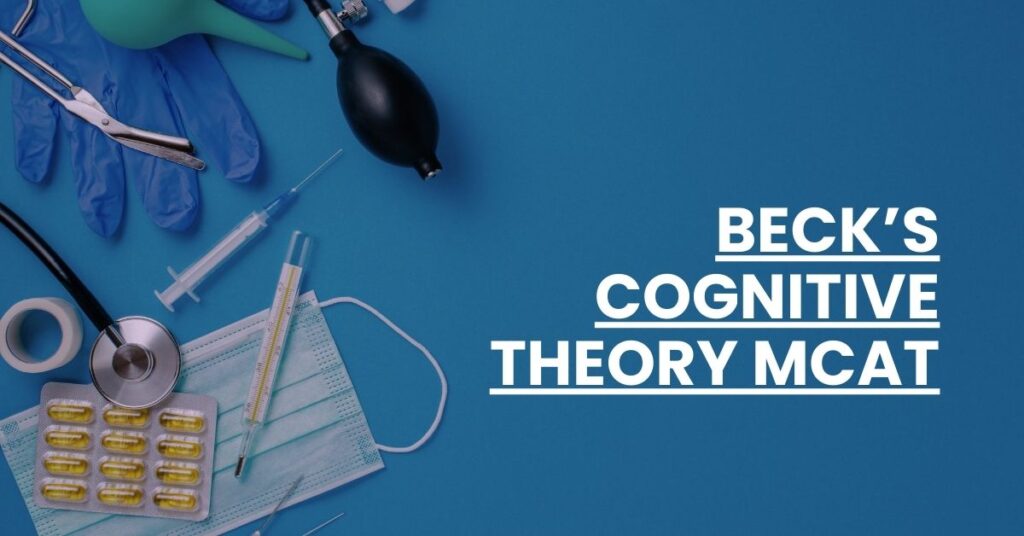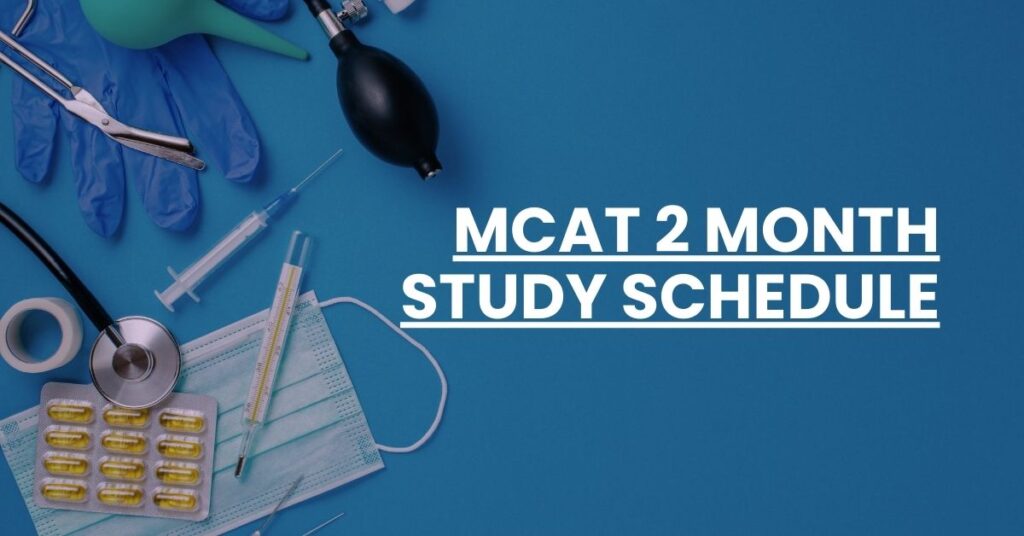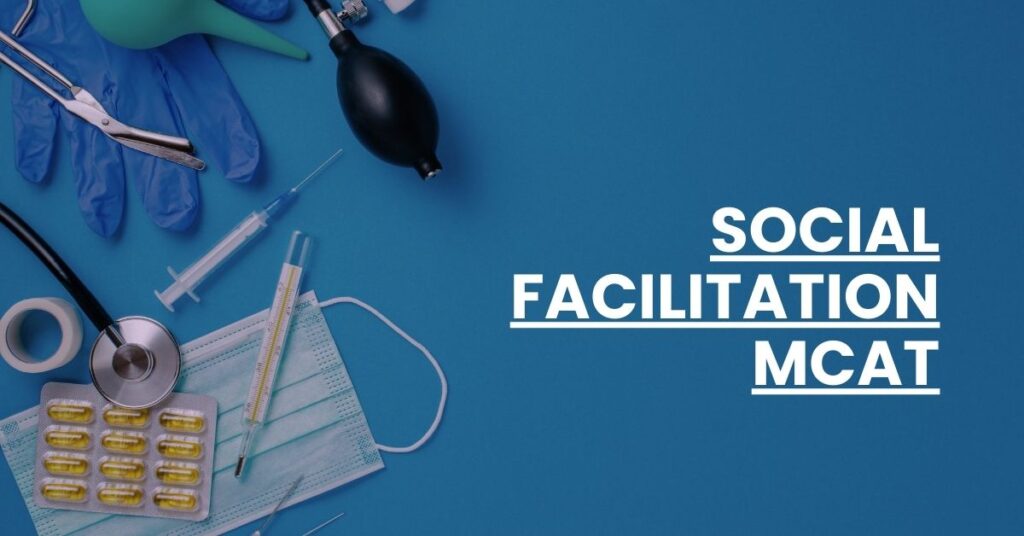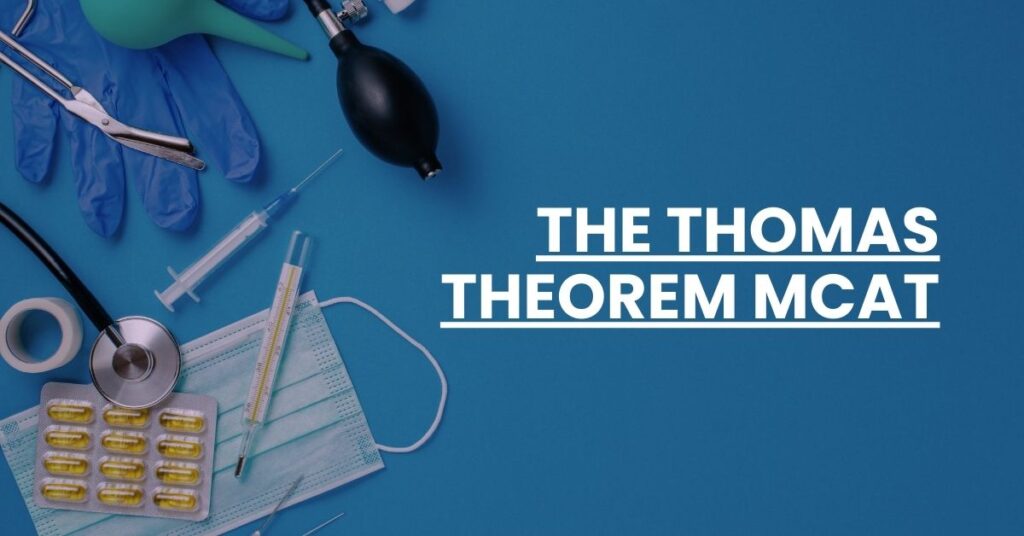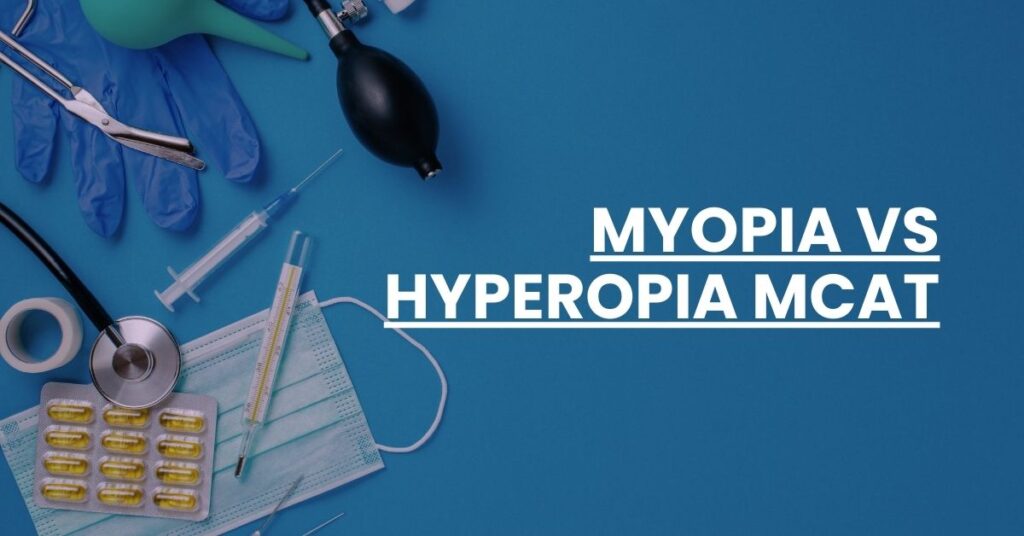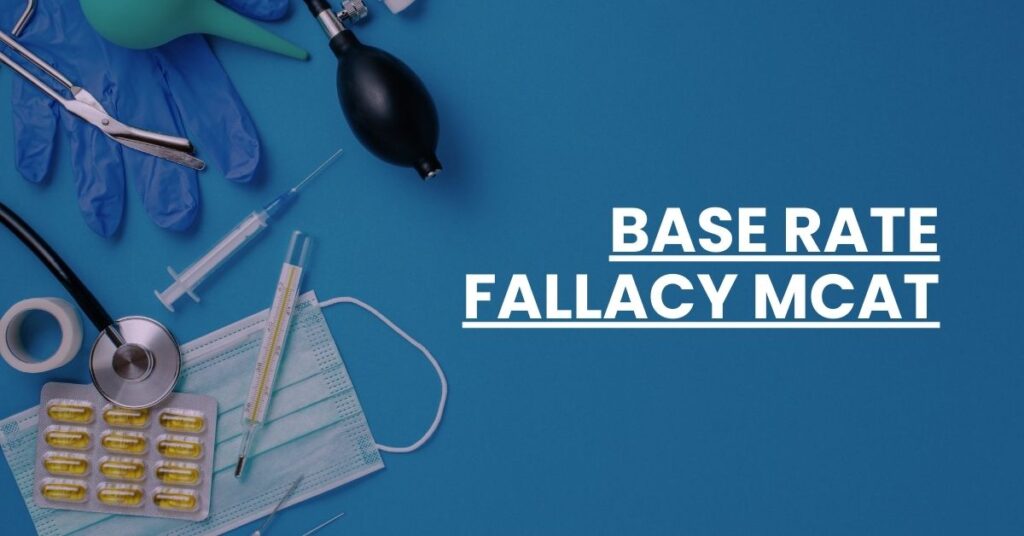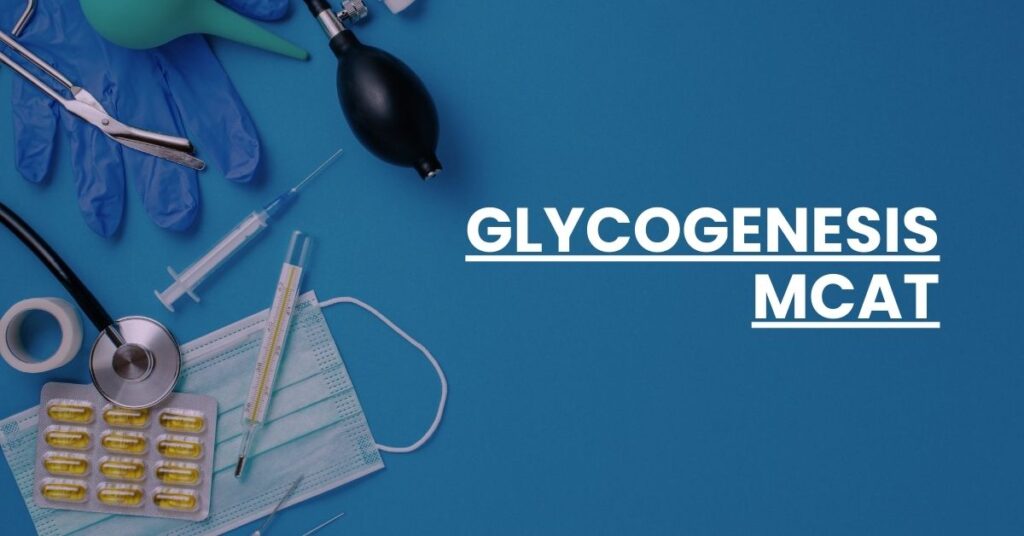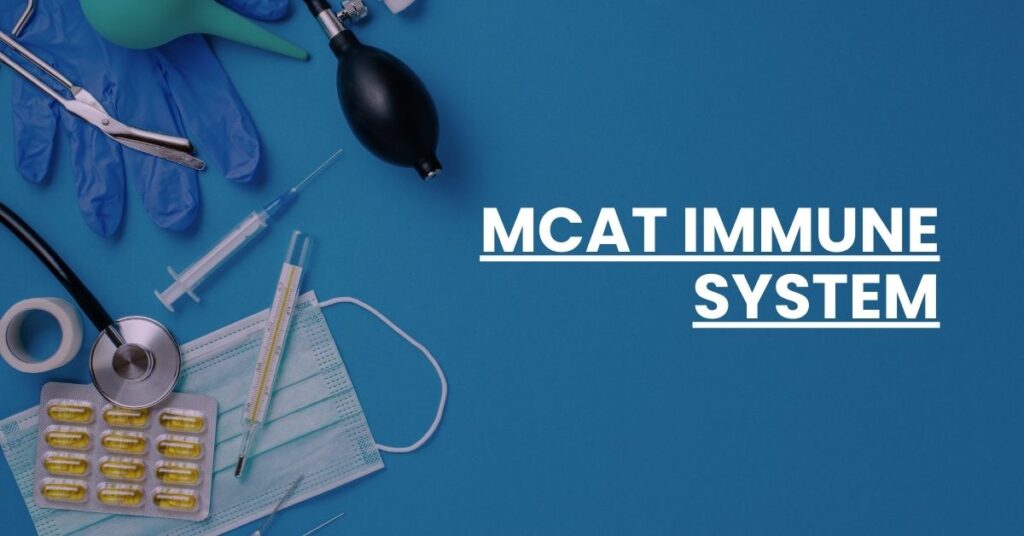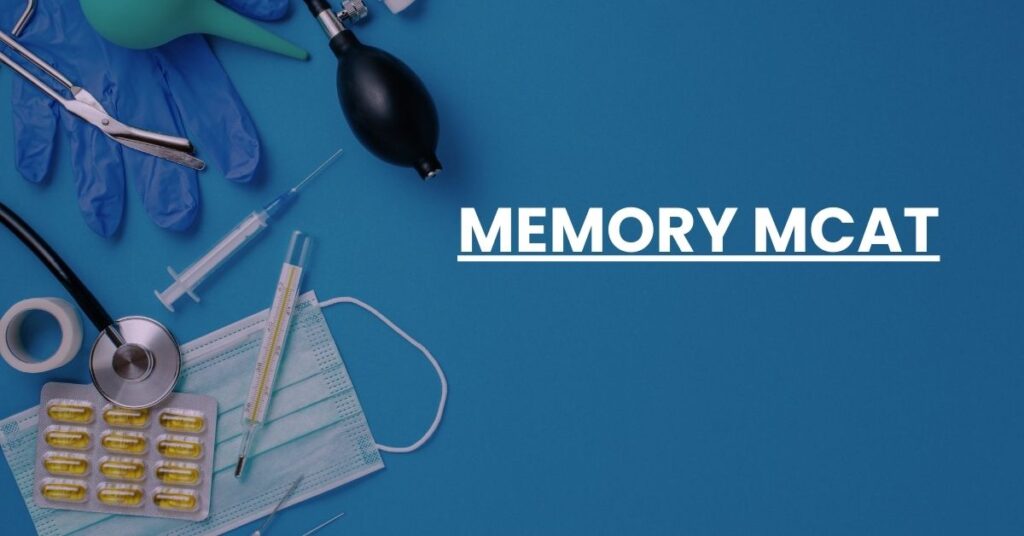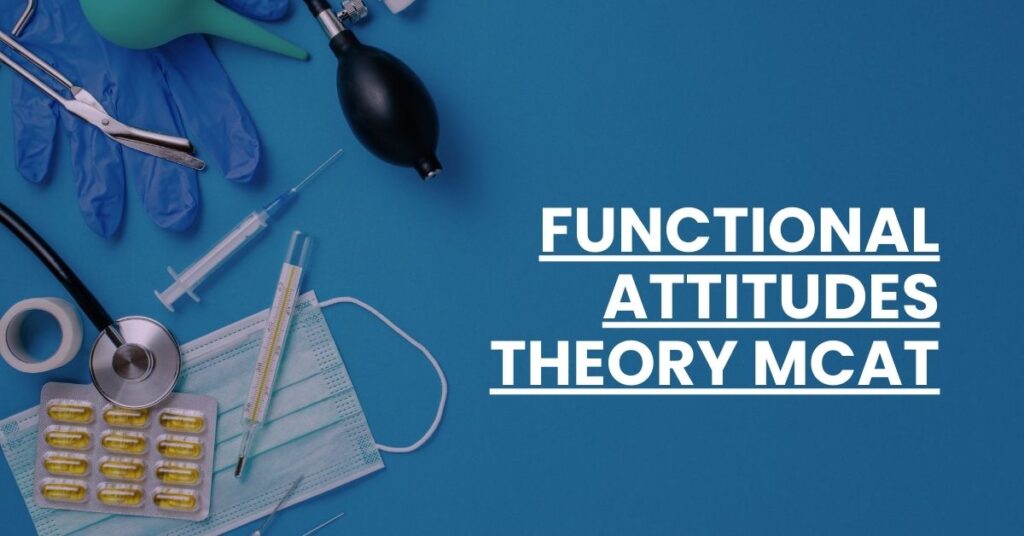Beck’s Cognitive Theory MCAT
Beck’s Cognitive Theory is pivotal for MCAT preparation, focusing on the identification and alteration of negative thought patterns to improve mental health. This theory forms the basis of Cognitive Behavioral Therapy (CBT), widely used in psychological treatments. In this article, we’ll explore: Ensuring a grasp of these concepts is essential for any MCAT examinee looking […]
Beck’s Cognitive Theory MCAT Read More »
